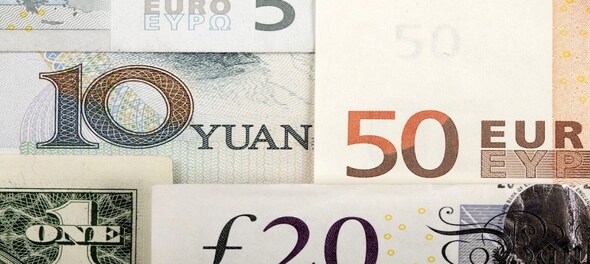
The Kingdom of Saudi Arabia (KSA) is considering future deals where China could purchase oil from the country using the yuan, instead of the dollar, which dominates the global oil trade. The two countries are in active talks to shift away from the dollar-dominated trade, reported The Wall Street Journal and the Dow Jones. The reports have buoyed the yuan against the dollar, reversing previous declines.
What’s being discussed
Talks are underway to shift some of the oil contracts to be yuan priced. The KSA has priced all of its oil exports in the dollar since 1974, after a deal with US President Nixon, who promised security guarantees to the kingdom in return. But growing annoyance with Washington D.C. has been pushing Saudi Arabia to look towards the East rather than the West.
A buoyed yuan
As a result of the reported talks the offshore yuan, the RMB, which circulates outside of mainland China and has different regulations to the ‘onshore yuan,’ jumped by 0.3 percent as it pared some of its losses and was trading at 6.39 per dollar. Despite this, the offshore yuan is under significant downward pressure, partly as a result of the severe beating that Chinese tech stocks continue to take in the market. The offshore yuan is down by 1.1 percent against the dollar in the last three days till March 14.
Foreign reserves
Finally, the seizure of Russian and Afghani foreign dollar reserves by the US government also reveal that countries need to be careful of holding large sums of the greenback in reserves.
Shifting Dynamics
When the 1974 deal was inked, the US was highly dependent on Middle Eastern oil, especially that from the KSA. In the 1990s, the US was importing two million barrels of Saudi crude a day. But with the boom in production from US shale oil companies and significant investment from the companies in the past year, the US today stands as the world’s largest producer of crude. Its exports from Saudi Arabia have dwindled to just 500,000 barrels a day in December 2021.
At the same time, China has emerged as Saudi Arabia’s largest oil importer, taking in 1.76 million barrels a day. China’s second-biggest oil supplier is Russia, providing 1.6 million barrels a day, according to data from China’s General Administration of Customs.
China has also explored significant partnerships with KSA in recent years, providing it with support for building nuclear missiles and emerging as a key investor in many Saudi projects.
But despite all this, shifting to yuan-priced oil contracts is going to be costly and painful for Saudi Arabia. Though whether or not the actual shift in dynamics plays out, it does highlight a growing appetite for conversation about moving away from the global petro-dollar dominance.



